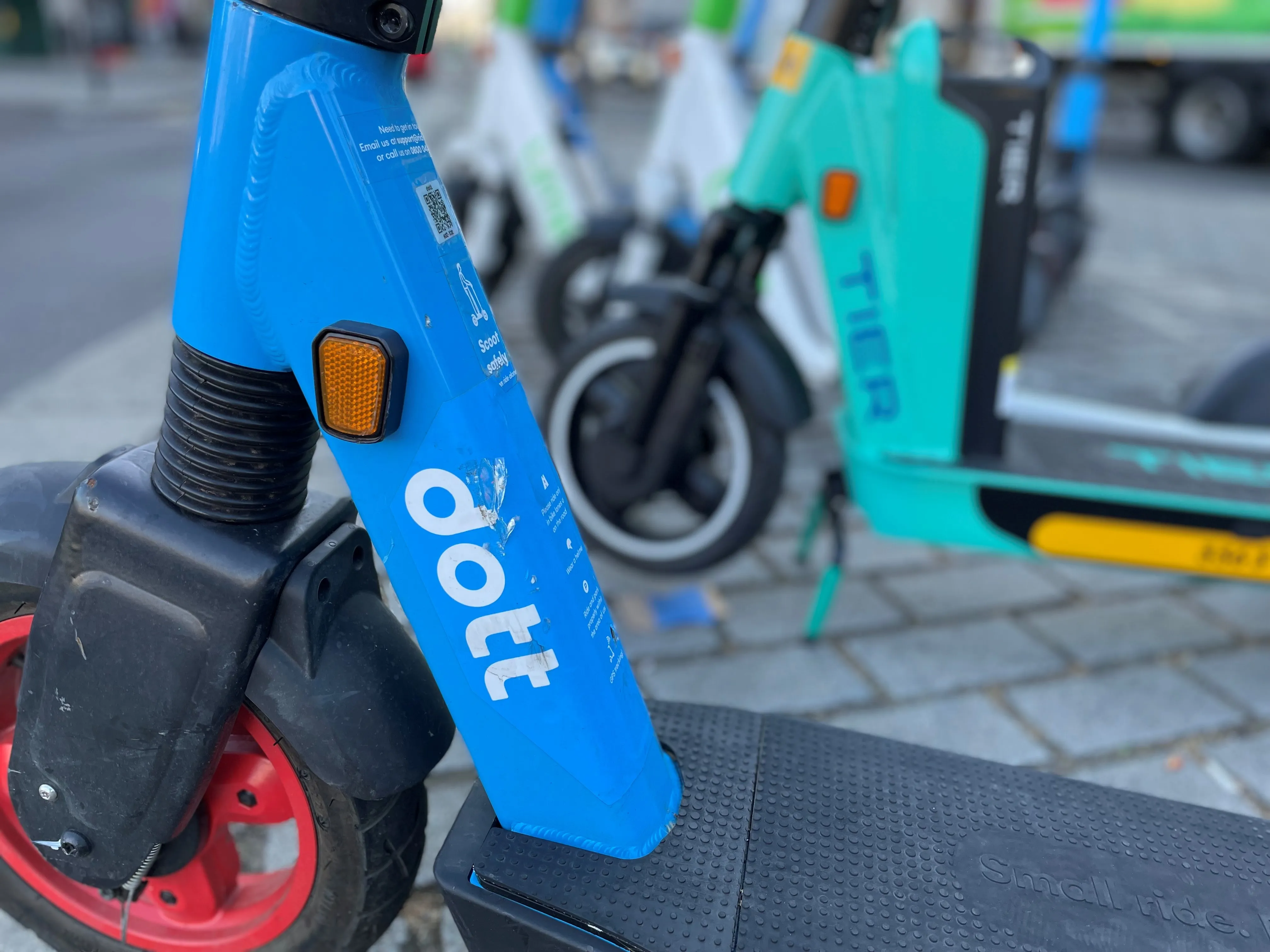
An autonomous vehicle (AV) transit route is set to open to the public this year in the US city of Detroit "to meet the diverse needs of the surrounding community".
The two-way, 10.8-mile Connect pilot service will be free to riders, and runs from the magnificent Michigan Central building in Corktown - the old railway terminal, now in the process of redevelopment as a technology and art hub - to the city's east riverfront.
The project is a collaboration with Michigan Central, the State of Michigan’s Office of Future Mobility and Electrification (OFME) and Bedrock - each of whom has put in $500,000 to fund the first year of operation.
The pilot will feature four all electric Ford E-Transit vehicles, all with a safety operator on board, and is "designed to propel the city's commitment to achieving a zero-emission public transportation system".
It is wheelchair-accessible and ADA-compliant, and project leaders say they are working "to ensure the sustainable extension of the pilot shuttle service for years to come, complementing, not replacing, existing Detroit Department of Transportation (DDoT) services".
"The Connect pilot signifies a bold leap toward sustainable and efficient mobility in our city," says Tim Slusser, chief of the City of Detroit’s Office of Mobility Innovation. "Through collaborative efforts, we not only aim to provide a reliable and efficient transportation experience connecting neighbourhoods, transit routes and modes, and economic hubs but also position Detroit at the forefront of the autonomous vehicle race. This project is pivotal for maintaining our city's leadership in the industry, offering benefits such as job growth and skills training with new technology.”
The City of Detroit will lead community outreach initiatives with residents before deployment, aiming to share finalised project details, including service operations and pick-up locations, and gather insights to ensure a positive rider experience.
Kofi Bonner, CEO at Bedrock, says: "Investing in reliable, sustainable last-mile transit options is crucial for creating a vibrant city core. Implementing innovations like the Connect pilot further solidifies Detroit's leadership in sustainable mobility.”
“Michigan Central is focused on finding real solutions to the challenges society faces with the way we move people and goods," says Carolina Pluszczynski, Michigan Central’s chief operating officer and head of innovation services. "This pilot is an opportunity to explore a new way to think about public transportation that works in tandem with the city’s existing bus system while expanding access to more people and places.”
Next Infrastructure is leading the project management and implementation of the pilot and the shuttles will use Perrone Robotics' Tony AV kit.
On-board sensors and AV software will help the shuttle navigate a pre-programmed route and to avoid obstacles. Riders will download an app to access route and operational details.
The Connect shuttles will now undergo several months of testing, both off-road and on-road, before being introduced for public use in 'late summer'.










